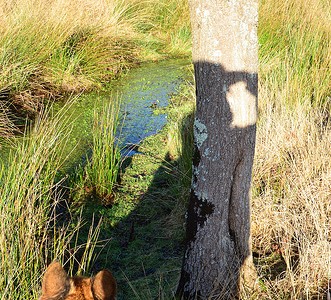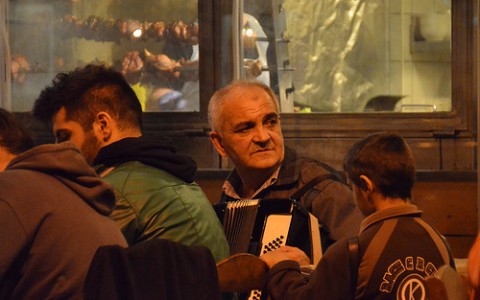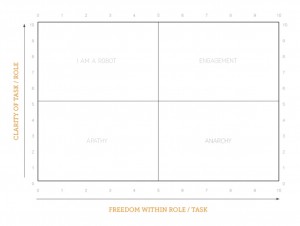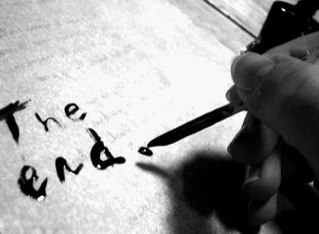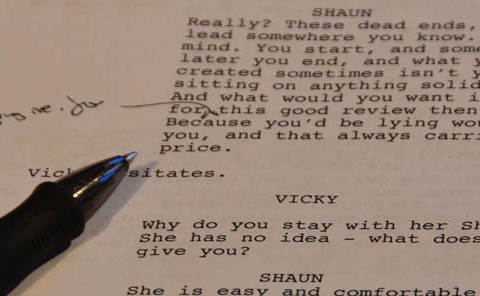Painfully slowly we approach the English formations. We are forced on by the crushing weight of those behind, I hear only the sobs and crude curses of those around me. As the field narrows yet more are pressed in from the sides, and slowly we become a heavy, helpless mass of trapped and hopeless souls.
I am exhausted as my legs try to turn and push up under the weight of our armour. The mud is ever deeper. I am pushed against those in front of me, pinned by those on each side. Men climb against my back, as they in turn are driven forwards by the thousands behind. I am no longer an individual capable of any choice. Stay upright, stay standing, do not fall into the drowning slime, this is all that is left to me.
My sword, so obediently drawn under command just an hour ago, is uselessly pinned to me. I cannot breathe. I search the faces of those around me for any friends, for any humanity. There is no-one.
I look up into the grey soulless sky and for a moment everything is still. I see a bird, effortlessly circling. Just yesterday I would have looked on that bird as a simple animal, a prisoner of its limited capabilities. Today it soars above me, and my mind reaches for it.
The moment is gone, I stumble and then desperately force myself upwards again. I can hear distant screams from those ahead. I feel the tears on my face. I can hardly breathe, my throat burns and my legs are failing. I feel more solid ground. I look down, and see that I am walking on the strewn bodies that were once in front of me. Some are still alive. Some drowned in the mud. We are climbing now over these men, pushed on against those in front who are themselves slowly falling underneath us.
As part of the terrifying wave that we have become I am slowly forced towards the crest.
I look up into the sky, and feel the coolness. For a moment I am looking out over the falling and dead in front of me. All around me men panic, fighting to gain space, to stay upright as they are pushed forwards and downwards. I look into the sky and I see what others near me have not yet seen, the long cloud of English arrows hanging in the air. They have a single minded precision, launched with one foreign command, beautiful and full of grace.
So many thousands of arrows, hanging above so many hundreds of motionless men. I cannot move, I cannot even raise my arms. There is a long moment of transition as the hanging cloud reaches the apex of it’s measured flight, and then they are rushing down towards us.
There is a sudden wall of pain as individual arrows tear into us. Again and again. I scream with those around me, and no-one but the fallen can hear us.
Notes from the Word Hoard
The way the exercise works is explained here.
Phrases
arrows hanging in the air
Ancient killing rituals
Designed to kill
Shapes of death
A collective mind
Silent and beautiful
Forged for the purpose of killing
A death is a death
arrows hanging in the air * Selected
Thoughts
The picture is from the museum of Byzantine Culture in Thessaloniki. A world away from Agincourt



